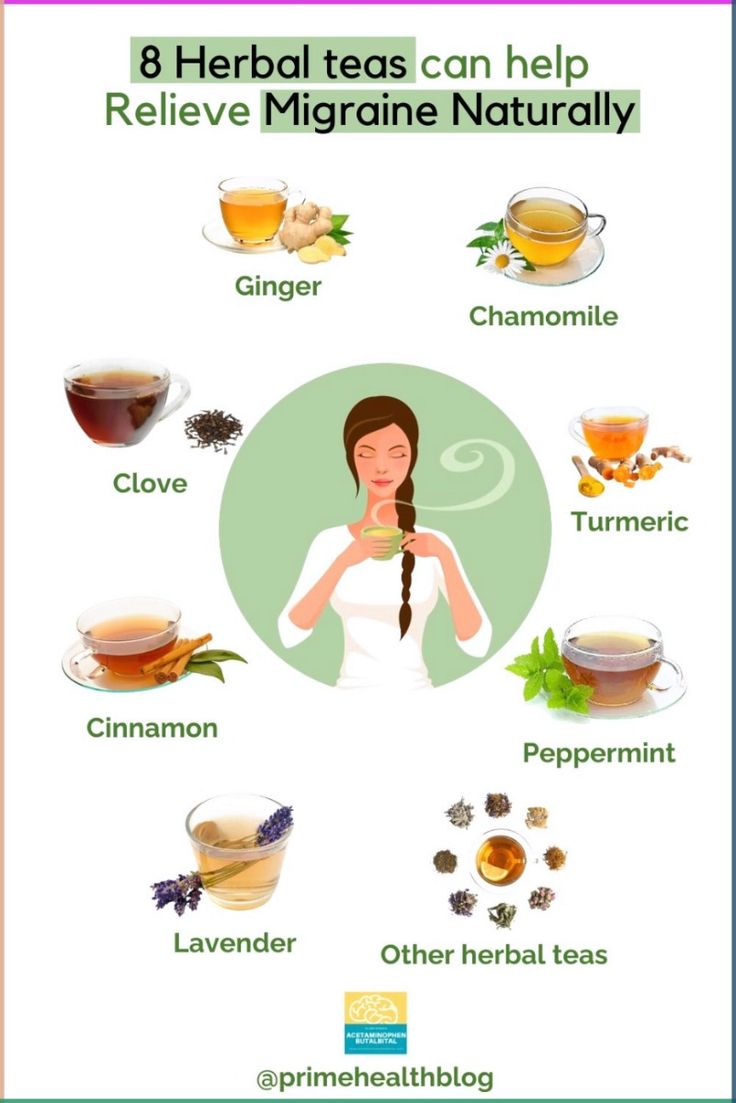Sinus problems can be a source of persistent discomfort, affecting millions of people worldwide. Whether caused by allergies, infections, or structural issues, sinusitis and other sinus-related conditions can significantly impact your quality of life. Fortunately, various treatment options are available to help manage symptoms and provide lasting relief. This article delves into the causes of sinus issues, common symptoms, and the most effective treatments, both medical and surgical, for sinus conditions.
Understanding Sinus Issues
The sinuses are air-filled cavities located within the bones around the nose and eyes. They produce mucus that helps keep the nasal passages moist and traps dust and germs. However, when the sinuses become inflamed or blocked, this can lead to sinusitis, a condition characterized by uncomfortable symptoms such as nasal congestion, facial pain, and headaches.
Common Causes of Sinus Problems
-
Allergies
- Seasonal allergies or allergic reactions to dust, pollen, pet dander, and mold can trigger sinus inflammation, leading to chronic sinusitis.
-
Infections
- Viral infections, like the common cold, can cause temporary sinusitis, while bacterial infections may result in more severe and prolonged symptoms.
- Fungal infections, though less common, can also affect the sinuses, particularly in individuals with weakened immune systems.
-
Structural Abnormalities
- Deviated septum, nasal polyps, or other structural issues in the nasal passages can obstruct airflow and drainage, leading to recurrent sinusitis.
-
Environmental Irritants
- Exposure to pollutants, smoke, and strong odors can irritate the sinuses and exacerbate symptoms.
Symptoms of Sinus Problems
- Nasal congestion or blockage
- Thick, discolored mucus discharge
- Facial pain or pressure, especially around the eyes, forehead, and cheeks
- Headaches
- Reduced sense of smell or taste
- Cough, often worse at night
- Fatigue and general malaise
- Bad breath (halitosis)
Medical Treatments for Sinus Issues
-
Decongestants
- Over-the-counter (OTC) decongestants can help reduce nasal congestion by shrinking swollen blood vessels in the nasal passages.
- It’s important to use them only for a short period, as prolonged use can lead to rebound congestion.
-
Nasal Corticosteroids
- Prescription or OTC nasal sprays containing corticosteroids reduce inflammation in the nasal passages, helping to relieve congestion and prevent recurrence.
-
Antibiotics
- If a bacterial infection is causing sinusitis, antibiotics may be prescribed. However, they are not effective against viral infections.
-
Saline Nasal Irrigation
- Rinsing the nasal passages with saline solution can help flush out mucus, allergens, and irritants, providing relief from congestion and irritation.
-
Antihistamines
- For sinusitis triggered by allergies, antihistamines can block the effects of histamine, a chemical released during allergic reactions that causes inflammation and congestion.
Surgical Treatments for Sinus Issues
-
Balloon Sinuplasty
- A minimally invasive procedure where a small balloon is inserted into the blocked sinus passage and inflated to widen the passage, improving drainage and airflow.
-
Functional Endoscopic Sinus Surgery (FESS)
- A more traditional surgical approach that involves using an endoscope to remove blockages, such as polyps or bone spurs, that are obstructing the sinuses.
-
Septoplasty
- Surgery to correct a deviated septum, which can improve airflow and reduce chronic sinusitis in individuals with structural nasal issues.
Home Remedies and Lifestyle Changes
- Steam Inhalation: Breathing in steam from a hot shower or a bowl of hot water can help loosen mucus and reduce sinus pressure.
- Hydration: Drinking plenty of fluids keeps the mucus thin, making it easier to drain from the sinuses.
- Humidifiers: Adding moisture to the air with a humidifier can prevent the nasal passages from drying out and becoming irritated.
- Avoiding Triggers: Identifying and avoiding allergens or irritants that worsen sinus symptoms can help reduce flare-ups.
















